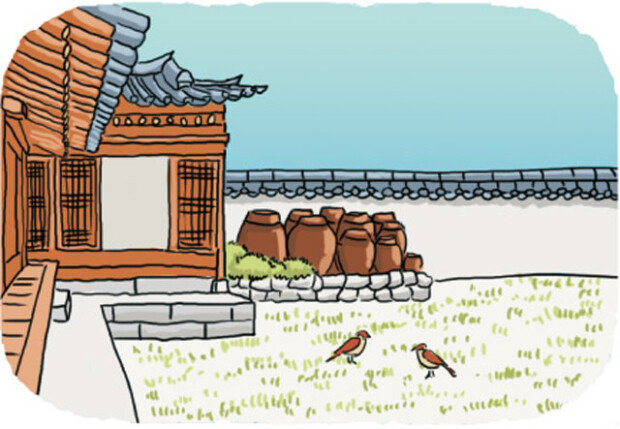Mix of relaxation and sigh
Mix of relaxation and sigh
Posted May. 28, 2021 07:30,
Updated May. 28, 2021 07:30

As people cease to visit, a house gets tranquil enough to set a trap to catch sparrows. With the host goofing around, a young servant seems to put chores on the back burner. As spring rain drops softly, weeds grow here and there with a disturbing level of craziness. Being at odds with political forces in favor of the reform to new law including Wang Anshi, Sima Guang suffered tumultuous ups and downs in his political career. Living in the shadows in Luoyang for 15 years, he immersed himself in writing “Zizhi Tongjian,” which might have been thanks to the moments of relaxation that followed frustrations in Sima Guang’s life as a politician. Part of him might have blamed the rest of the world for its fickleness. Although he says in relaxation that his life has got chilled out, he seems to sigh slightly enough that few may notice. His voice may sound like a sneer of disgust with the fickleness of what he has believed to be a kind of friendship.
The expression “trap for sparrows” is derived from the quote of Zhai Gong during the Han dynasty, cited by Sima Guang’s “Biographical Records of History.” When Zhai Gong leaves office, people stop visiting his place. Posting a phrase at the gate, he laments that he can even catch sparrows by setting a trap in front of his house. Gong’s message warns that you may come to learn how deeply people around you care about you only when you come back from the dead or go from rags to riches. This is where the phrase “to hang a net on the door and use it to catch sparrows,” a.k.a. “Desolated is a door when no guests come knocking,” came from. It is the opposite idiom to the expression “Munjeonseongsi,” meaning “having a constant stream of visitors.”







